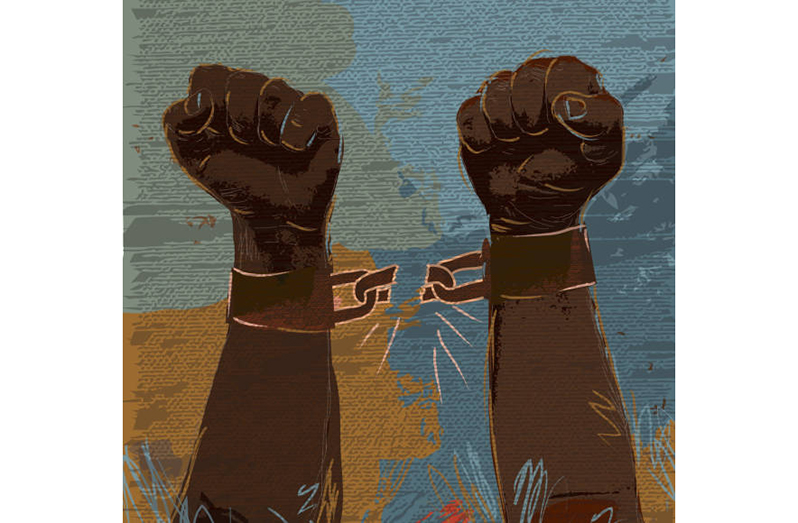HAVE you ever considered why we cannot trace our ancestry names or gene lines? It’s quite unfortunate. This is not a fault of ours or our parents. The act of slavery that happened over two centuries ago still affects their descendants to this very day. This loss of ancestry identity is a result of that. I always wanted to do one of those ancestry DNA tests to determine my identity. I’m a mixed Guyanese, so my identity is a mix of various cultural and ethnic backgrounds. Knowing who or where my ancestors came from would be interesting.
I observe other cultures and ethnicities preserving their culture through pictures, lists, or artefacts in the news or on the internet. I can’t help but feel a bit of anger that the same sentiments cannot happen for some—myself included. Many of our ancestors were taken from their birth lands of Africa, India, China or Madeira and brought to unknown lands. Yes, their descendants now call these unknown lands “home,” but it has forged a way for a new, mixed identity. I cannot leave out the details of our Indigenous brothers and sisters. This was once their home only. However, their identities were merged or otherwise converted.
These days, most indigenous communities in Guyana still remain in the hinterland and inland regions. They maintained much of their language, clothing, rituals and food. The Indo-Guyanese have also managed to maintain most of their identities and some of the language. In fact, down to the family names of the Indo-Guyanese people are still the same. Unfortunately, for the Afro-Guyanese, a lot of their culture was changed. Most Afro-Guyanese have their ancestors’ slave master’s names as their own.

Their original language and culture is no longer practised. Most Afro-Guyanese are Christians, but they still managed to maintain ritualistic practices and certain foods. Each ethnic group in Guyana was affected by colonisation—some worse than others. Even the language you’re currently reading this column in is not our ancestral language.
Nonetheless, those delicate and diverse cultural traditions and practices that still exist today should always be preserved and protected.
These days, most ethnic groups in Guyana have a shared, common “Guyanese culture”. However, it is essential to remember our individualistic traditions and customs for further diversity and growth. Each of our ancestral roots has different stories. Each is just as significant to what we now know as “Guyanese Culture”. As such, we are responsible for continuing to teach and understand the lessons history can provide.
History was never kind to our ancestors. In return, their descendants (us) were left without our original family titles, origin or even status. The next time you want to compare yourself and our country to other developed people or countries—remember that our lack of growth is not entirely our fault. Most of the consequences regarding any stagnation in our social development, particularly in relation to our identity, are a result of colonialism. As such, I hope you keep this column in mind and be kinder to yourself. Many of our ancestors did not choose this and, by extension, neither did we.



.jpg)








